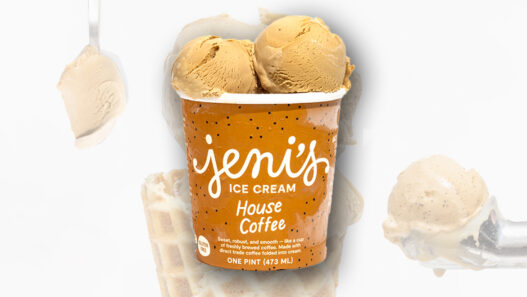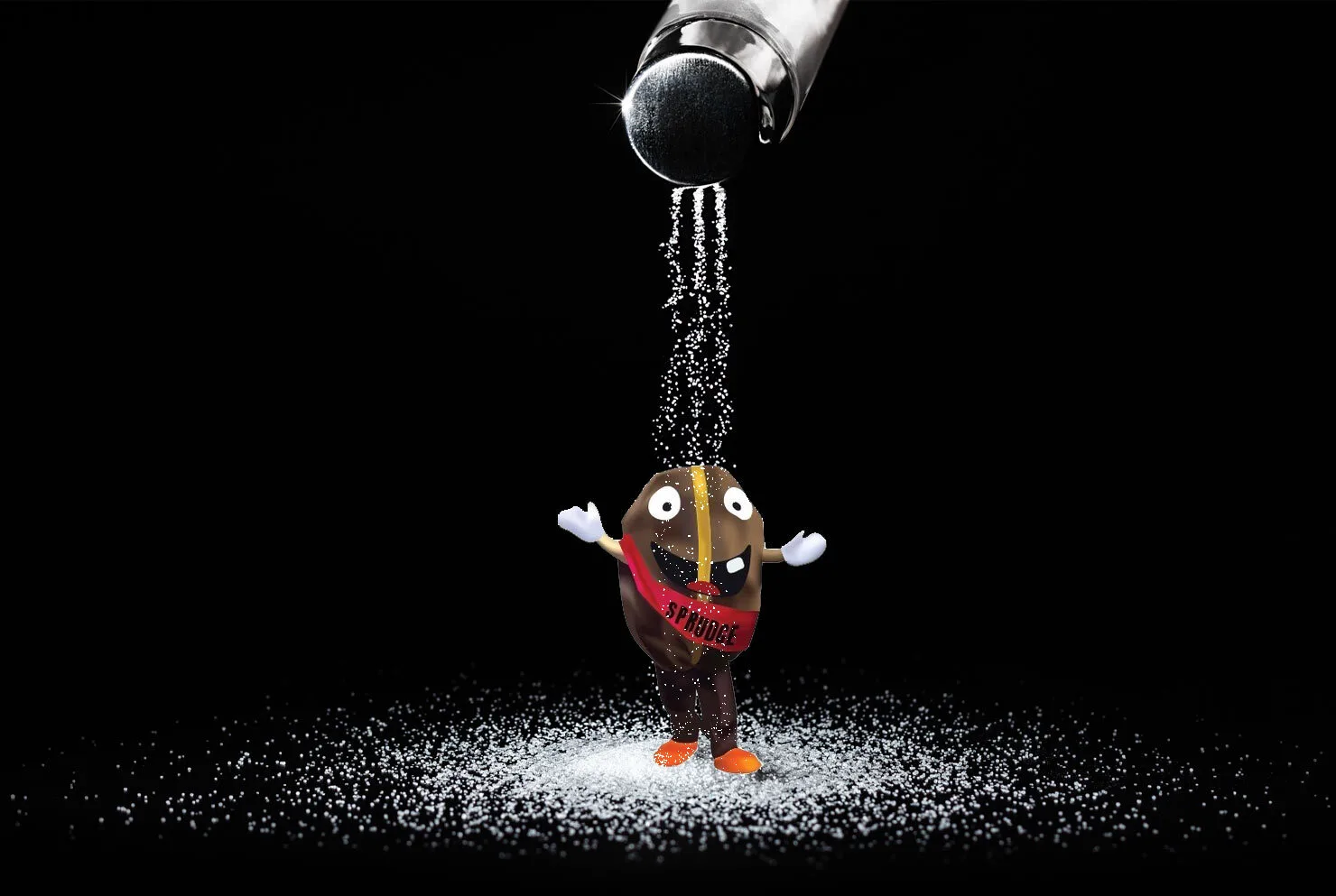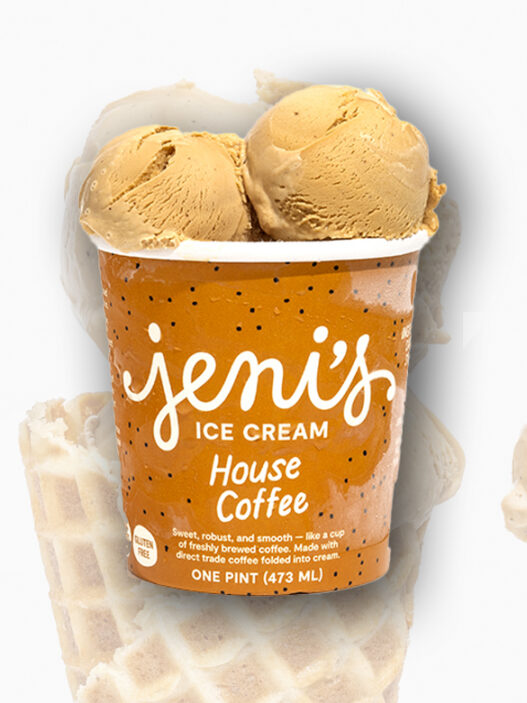There’s a cold war brewing between the United States and Britain. Or rather, a brewing war is heating up.
The first shot over the bow came from an American chemist, who stated that the perfect cup of tea required a pinch of salt. In a finding doomed to controversy, Bryn Mawr College chemistry professor Michelle Francl researched texts going back over 1,000 years on the subject for her new book Steeped: The Chemistry of Tea, Francl states that a pinch of salt will result in the best cup, due to the sodium ions blocking the chemical that makes tea taste bitter.
The weeping and rending of garments began forthwith, albeit in polite fashion, and in the form of unimpeachable headlineology (“No salt please, we’re British“) for which the London press is rightly fanged. And the people of the United Kingdom, a tea-drinking lot if there ever was, were not exactly chuffed by the whole thing. (Which honestly I get. I get my hackles up any time anyone north of Amarillo tries to tell me what’s wrong with Tex-Mex.)
The story went viral. Further words were exchanged. Many a Tik was boldly Tok’d from across the pond. It rose to the level of international diplomacy, with both nation’s embassies issuing formal statements—”Tea is the elixir of camaraderie” and so forth—which frankly only made things worse. And now the English have engineered a provocative counter-offensive designed to offend the American national beverage, by claiming that actually, we ought to all be adding a cheeky pinch of salt to our coffee.
This is, we assure you, a terrible idea in nearly every circumstance. Unless you’re talking about a flaky pyramid of house-smoked gingerbread salt atop a seasonal S’mores Latte of some sort, salt and coffee are not meant to be. If it’s bitterness you’re trying to balance out, there are other, more sensible solutions. Such as (deep breath) …. purchasing better coffee in the first place from a roaster that cares a lot and spends time and money sourcing a high quality product, which you then take the time and care to learn how to brew intentionally at home, even if that’s just with the help of a sensible home coffee maker, ideally using a small home grinder so that you’re grinding fresh each time, and perhaps a small digital scale to pay attention to weight ratios, no different than you might when baking a cake.
Do that, and your coffee will taste delicious without needing to add adulterants to the cup.
You do not need to add salt to your coffee. Do not listen to the English, and please ignore anyone else attempting to push this opinion. It is a bad take, every bit as bad as suggesting that anyone ought to be salting their Yorkshire Gold. I love salt as much as the next person, arguably more, as my heavy-handed cooking with it would suggest, but unless it’s part of some fall seasonal salted caramel latte or some such, salt doesn’t belong in coffee.
Let’s not ruin a perfectly good diplomatic relationship by talking nonsense about one another’s beverages.
Zac Cadwalader is the managing editor at Sprudge Media Network and a staff writer based in Dallas. Read more Zac Cadwalader on Sprudge.

























